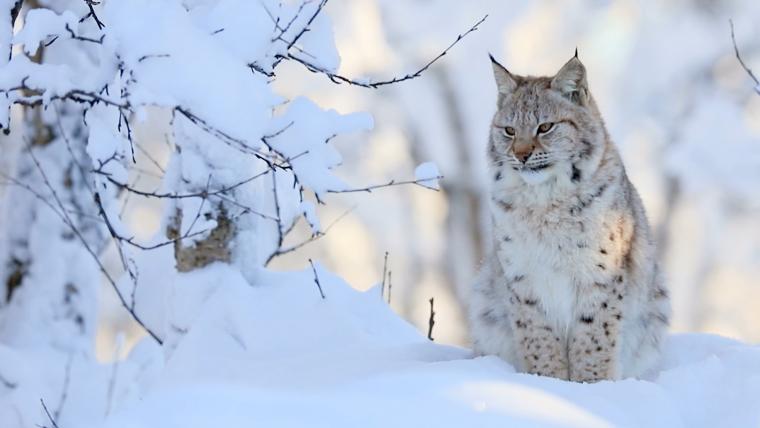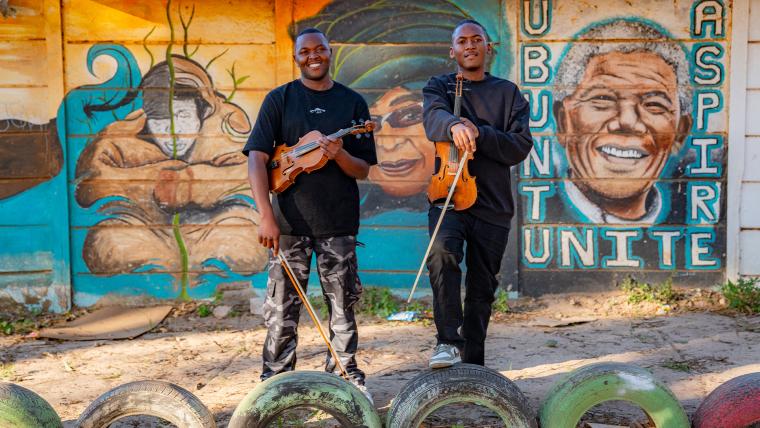
This sculptor’s larger-than-life bees are creating a buzz
Jenny Cullinan is allergic to bees – but that doesn’t stop her from advocating for them. Across the world, the insects are bred in hives for their production of honey. Cullinan believes they deserve a bigger buzz. The precious creatures are responsible for pollinating crops, and their wild nests are integral to functioning ecosystems. But globally, bee populations are on the decline. As a conservationist and avid sculptor, Cullinan is protecting South Africa’s colonies and promoting their role in nature.
Cullinan is a member of Ujubee, a conservation initiative dedicated to the Cape honeybee. “My work involves researching the bees, tracking what they do, and trying to understand their world,” she says. In South Africa, nearly 85 percent of colonies exist in the wild. Cullinan fearlessly treks into fynbos to find them, confident of their gentle nature. “Bees are not out to get you,” she says. “Especially when they’re foraging.” Cullinan’s knowledge and commitment extends to her art. Delicately carving larger-than-life sculptures, she uses the medium to express a deeper message. “The idea is to raise awareness of their importance and to show their absolute beauty,” Cullinan says. Having exhibited everywhere from Maputo to Berlin, she’s highlighting the significance of bees around the globe.
The incredible insects have the ability to adapt to environmental changes and defend themselves against predators. Our country’s thriving ecosystem is proof of bees’ toil. “It’s very important that we respect them,” Cullinan says. Through her work, South Africa’s natural colonies can thrive. “My hope for bees would be for them to be wild and free,” Cullinan says.






























Please sign in to leave a comment